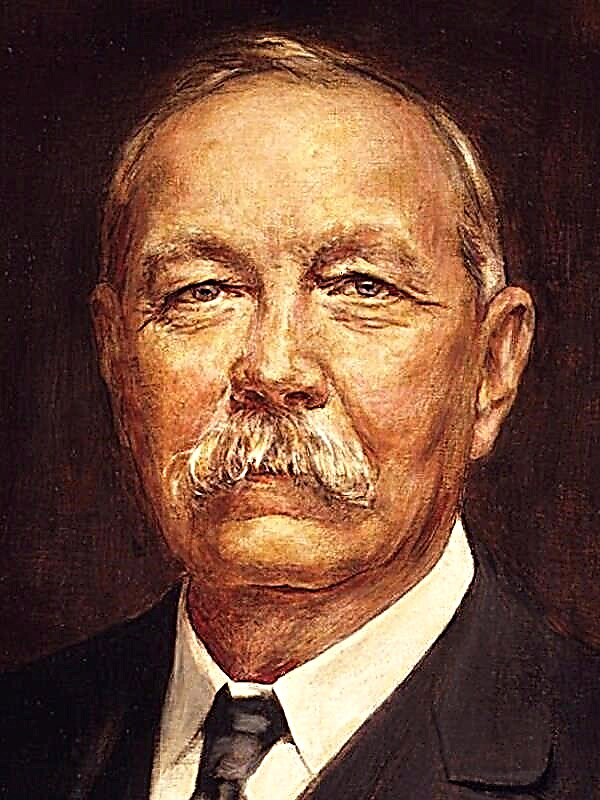Recently, one can often hear reproaches from the older generation regarding the excessive use of technology and gadgets: “And in our time, people read, not poked buttons.” Indeed, more and more often you will meet a person with a phone than with a book. At the same time, the Internet has opened the world access to information. This is the most popular way to find out what's happening around you, find answers to questions, or learn something new. For many, reading news articles has become more attractive than leisure alone with a book. Is it really? And what about the situation in other countries? These questions will be reliably answered by statistics.
Readability and record countries
In a NOP World study, scientists calculated how much time people spend on average reading books. According to them, in the top 9 reading countries the world includes such countries as:
- India (first place - 10 hours a week);
- Thailand (9 hours a week);
- China (8 hours);
- Philippines;
- Egypt;
- Czech Republic;
- Russia;
- Sweden;
- Hungary;
As we can see, Russia took seventh place in the ranking. Assuming the economic environment in the record-breaking countries, it can be assumed that the demand for education in them is much higher, because people tend to either move to another country or engage in self-education in order to move up the career ladder. Apparently, the stronger the motivation, the lower the social status and standard of living of the active reader. For example, in India, agriculture is still prevailing, only a small part is engaged in mechanical engineering, which makes it an industrial country. This factor has a negative impact on the development of the country and blocks its access to globalization. In addition, India still maintains a caste distribution of goods, which is why some people automatically lose the opportunity to squeeze into a social elevator. A low standard of living in an agricultural country implies a lack of access to the Internet, so it is quite possible that citizens' desire for reading is a reflection of the country's backwardness in the field of information technology and technological progress. Times have changed, but opportunities for many residents of similar countries remained at the level of the second half of the 20th century.
What do they read most often?
The main reason for the low demand for reading and books is the preference for social networks and the Internet as sources of information for the younger generation. A VTsIOM survey showed that young people in Russia aged 18-24 read only 3.56 books on average in three months, while respondents over 60 read about 5.28 books.
Among the respondents, most prefer romance about love - 13%, then preferences are divided between detectives and classical literature.
Children and teens
As for foreign contemporary literature, it is very popular among adolescents.
The comics genre is gaining more and more fans, is actively distributed among children, because it attracts attention with its uniqueness in the design of the story, focusing on the visual aspect, and not on the text. In addition, leading film companies that release spectacular and box office films based on plots taken from comics act as their popularizers.
Adults and senior citizens
Adults choose either modern science fiction or business literature, which contains tips on planning, management, and work schedules.
Pensioners, in turn, adhere to the classics of Russian literature.
Unfortunately, the general situation in the country showed that 35% of respondents do not read books. This situation leaves much to be desired, therefore it is very important that the adult generation instills a love of reading for their children, and it does not matter how it happens: in the iBooks program or in the complete works of Irwin Welch.






 Ben gur
Ben gur




